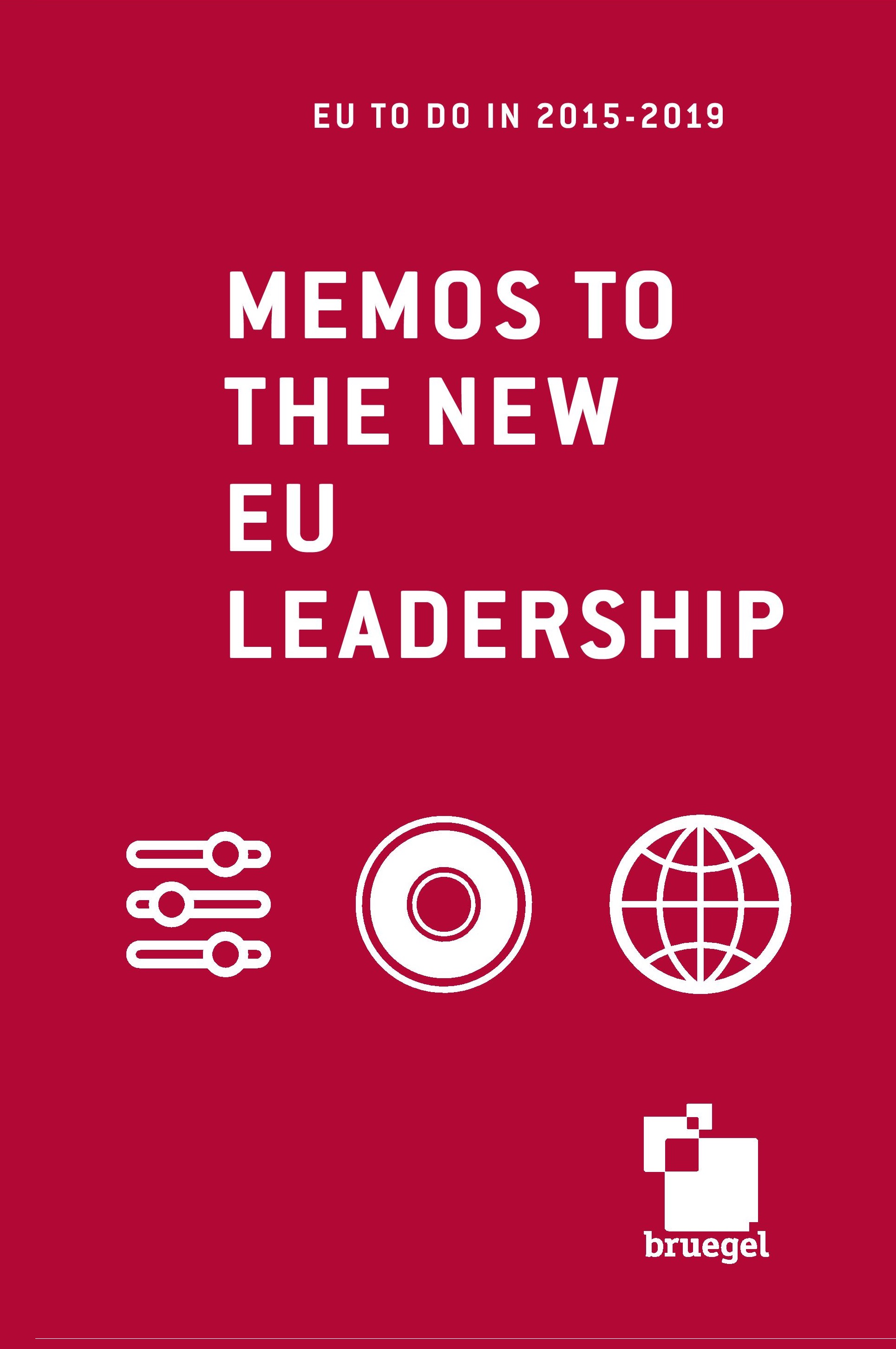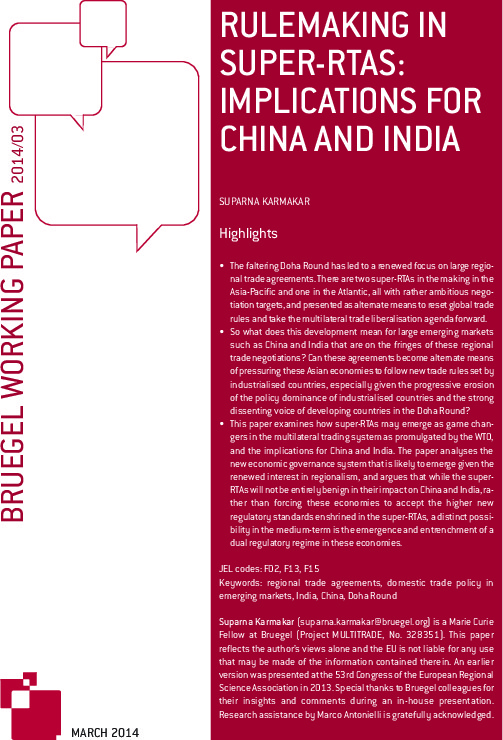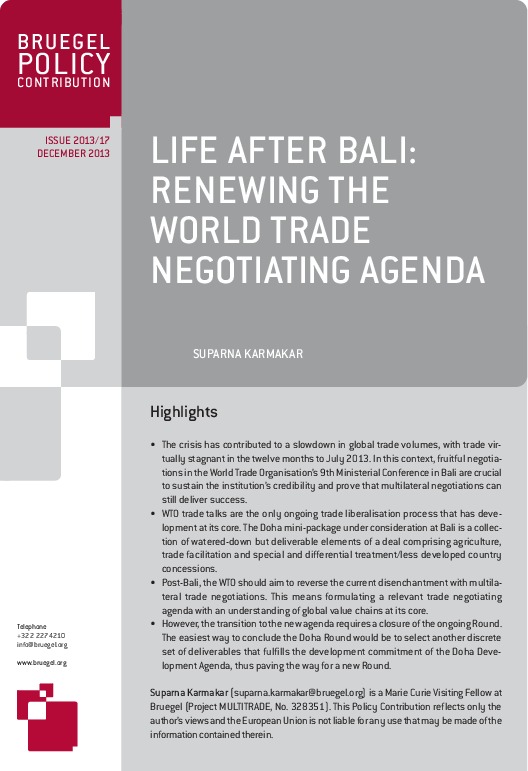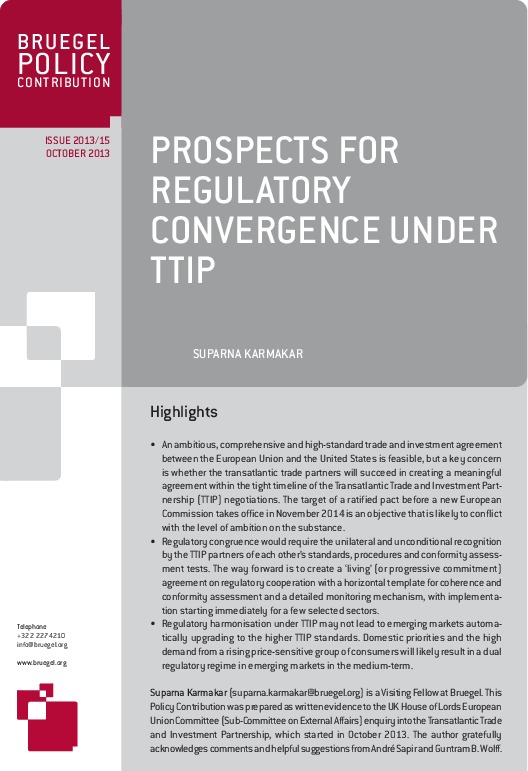Former scholars

Suparna Karmakar
Suparna Karmakar is an Indian citizen and a Marie Curie fellow at Bruegel from 2 May 2013 to 1 August 2014.
Her research interests include the multilateral trade negotiations versus regionalism, regulatory barriers and technical standards impeding multilateral and regional trade in goods and services, and market access (including trade facilitation) policy and negotiation issues arising therefrom. At Bruegel she will work on the future of trade multilateralism and the changing role of WTO as the premier multilateral trade negotiating forum.
Suparna holds a Ph.D. in Economics from Jawaharlal Nehru University of New Delhi. In India Suparna has worked in renowned trade research institutes like the Indian Council for Research on International Economic Relations (ICRIER) and the Centre for WTO Studies (CWS), IIFT, while her international engagements have been as visiting fellow with the Institute of South Asian Studies (ISAS), National University of Singapore (2009) and the ADB Institute, Tokyo (2010). Suparna has also worked as a Consultant on various Government of India-commissioned projects on preferential and multilateral service trade liberalisation, non-tariff barriers and other regulatory restrictions for market access in manufactured goods and services.





